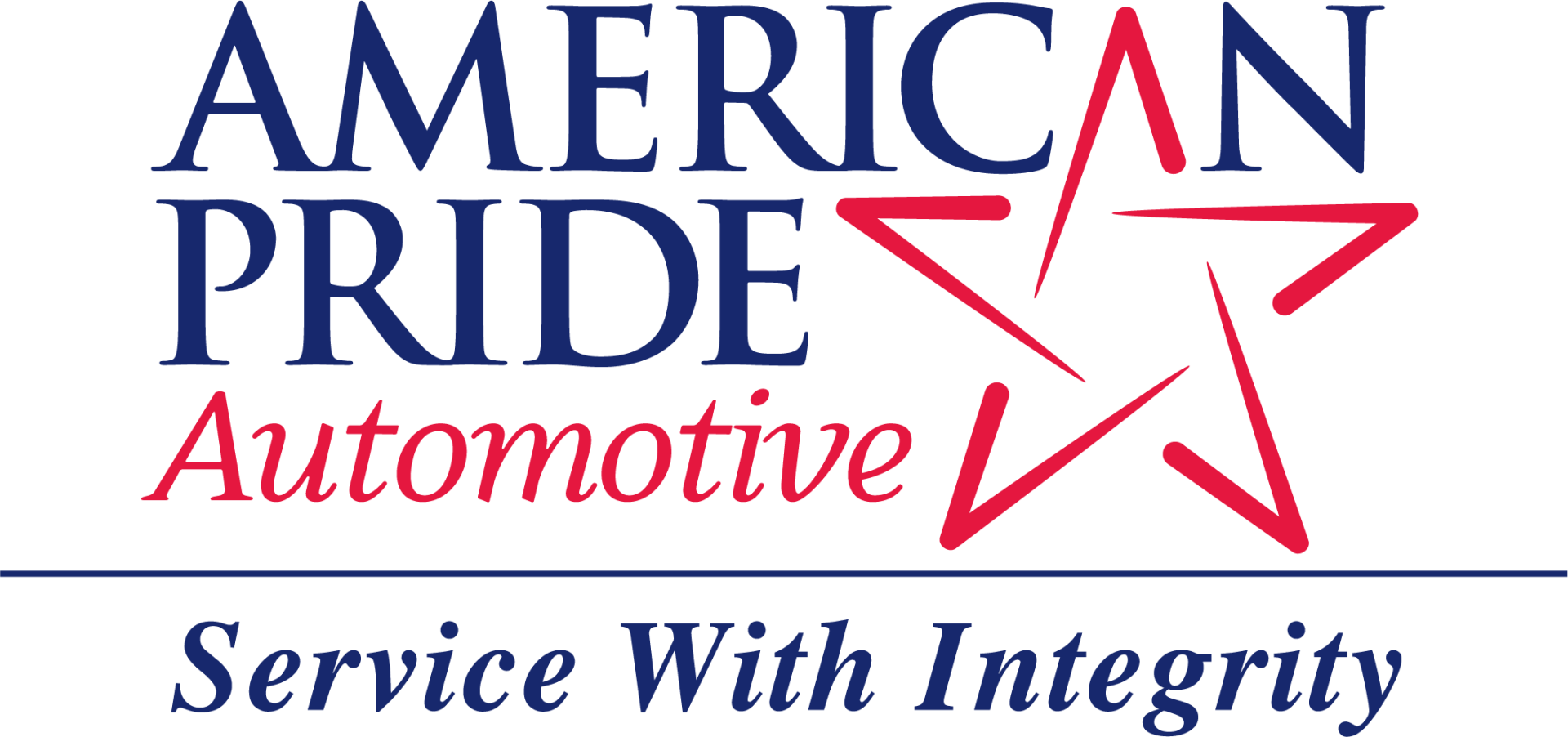THAT NOISE SOUNDS EXPENSIVE!- FINDING THE SOURCE OF VEHICLE NOISE
American Pride Automotive • March 4, 2013
We’ve all been there. You’re driving down the highway minding your own business and then you hear it: “Cl-clunk cl-clunk cl-cunk cl-clunk…” An unfamiliar, frightening noise coming from under your hood. Should you be worried, or is the sound just part of your vehicle’s “personality”?
While some vehicle noises are harmless, others, especially the ones coming from the engine, can signal big problems that need fixing.
Here’s a quick guide for self-diagnosing some of these noises so you can rest a little easier. Of course, all vehicle makes and models are different, so noises can indicate a number of different possible problems. Be sure to take your car to an experienced and trustworthy mechanic like American Pride to pinpoint and fix the source of bothersome vehicle noise.
LOUD CLICKING OR TAPPING NOISE
If you hear a loud clicking or tapping in the engine compartment upon acceleration, the first thing you should do is check your oil. If it is low or very dirty it could be causing your engine’s valve lifter to malfunction and produce a clicking or tapping. Left untouched, dirty or low oil can ruin engine bearings and make for huge repair costs. The best way to avoid this situation is to stick to regular engine maintenance and change your oil according to manufacturer specifications.
Clicking noises aren’t always related to engine issues. Other possible sources are loose spark plugs, faulty ignition equipment, low AC refrigerant, an old battery, or loose or worn belts and supports.
DEEP KNOCKING OR RAPPING
If the sound you hear in your engine is a deep rhythmic knocking or rapping, it usually indicative of “rod knock” caused by damaged engine bearings. This is a very serious issue and foreshadows a broken bearing that can lead the engine to lock up, but caught and attended to by a mechanic in the early stages, you can save your engine. Vehicles with exceptionally high mileage and poor engine maintenance are at the greatest risk for rod knock.
Other causes: low or dirty oil, too light of an oil grade and a history of aggressive driving maneuvers.
SQUEALING
A squealing vehicle is not only aggravating, it can also indicate any number of diverse vehicle issues. A high-pitched squeal upon ignition and acceleration is usually related to a loose, damaged or worn serpentine belt or tensioner. Replacing the serpentine belt is a cheap and efficient fix, so don’t wait until it breaks to take action.
If your vehicle squeals when you brake, you can be fairly certain that it is time to replace worn brake pads before they wear down to the metal rotors. Once the brakes get to rotors, squealing will turn into a low grinding, which spells trouble for the rotors and the brake system as a whole.
GRINDING
Other than worn brake pads, there are multiple causes for a “grinding” vehicle noise. A broken alternator, power steering pump or water pump could be the culprit. If your car only grinds when making a right or left turn, you could have a faulty wheel bearing. A bad wheel bearing is a very serious safety issue and should be attended to by a professional mechanic as soon as possible.
Unsettling noises are often your car’s way of telling you that it’s time for a checkup. Most of the issues we’ve listed above can be avoided by following a schedule of regular vehicle maintenance and driving efficiently. To avoid the extra costs of poor auto maintenance, call American Pride for a tuneup. And if a vehicle noise has got your ears perked and your stomach in knots, bring your vehicle to one of our locations, no appointment necessary. Call or contact American Pride today.

You’re driving home at night and it is raining cats and dogs. You can’t see but 20 feet in front of your car, but you’ve slowed down and are being extra cautious, so what could go wrong? Then you feel it. A sinking Cl-clunk. Maybe that “puddle” you saw ahead of you was deeper than just a puddle. Before you know it, your car is stalling in the high water in the middle of the road. Now what? First off, don’t panic. Turn on your hazards and crank the ignition once. If the car starts, make it dry land and pull over to assess the damage. If it does not start the first time, do not try to start it again. Doing so can result in a hydro locked engine and will likely necessitate the rebuilding or replacement of the engine. Unfortunately, if you find yourself stalling in water at all, your vehicle will probably need costly repairs. The best way to avoid water damage is to practice safe and smart driving in wet weather, which brings us to Part 2 of the Everything Auto “Blame it on the Rain” series (Find Part 1 here). Take heed of these severe weather driving tips: 1. TAKE NO CHANCES ON PUDDLES Even if the standing water ahead of you looks shallow enough to drive through, think twice. If the water is “rushing” or if other drivers are making a point to avoid it, don’t assume that your vehicle is the exception. Additionally, you never know the hazards that lay at the bottom of a puddle. Hidden potholes or debris can pierce your tires and jostle your alignment and suspension system. 2. IF YOU MUST TAKE A CHANCE, TAKE IT SLOW AND STEADY When you deem it necessary and safe to drive through water of questionable depth, go slowly. Speeding through a puddle, even a shallow one, can splash water into your vehicle’s intake and critically harm the engine. Like we mentioned last week, after driving through standing water, lightly tap your brakes to make sure they aren’t saturated and to dry them off. 3. KEEP A ROADSIDE EMERGENCY KIT HANDY Sometimes, no matter how careful you are on the road, accidents and vehicle malfunctions happen, especially in wet severe weather. That’s why it is extremely important to keep emergency supplies ready in the trunk for the worst case scenario. You can buy a preassembled one, but it is cheaper (and more rewarding) to assemble your own. What should you include? Edmunds.com provides an excellent comprehensive list of items, a few of which include: 12-foot jumper cables Four 15 minute road flares Two quarts of oil A gallon of antifreeze A first-aid kit. Find the rest of the list here We hope that this series has given you helpful safety insights and tips for driving in the rain! Remember that American Pride Automotive is always here to help and ready to answer any and all of your auto repair and maintenance questions! Call or contact us today.
